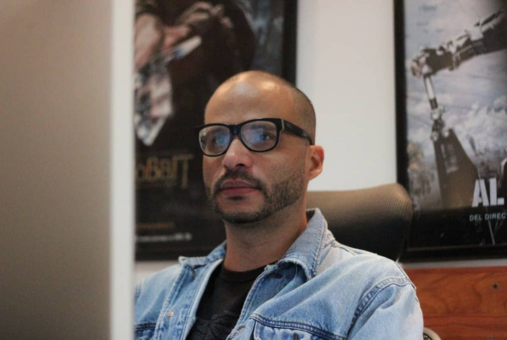
Rory Branker, an editor at online outlet La Patilla, has been detained for nearly a year, transferred without notice and never brought before court. He is among at least five press workers still held.

Working from exile and inside Venezuela, journalists from 9 outlets and organizations collaborated to counter disinformation and protect one another while reporting under extreme risk.

As Venezuela enters an unpredictable new period, reporters covering events on the ground face detention, seizures of equipment and pressure to erase their work.
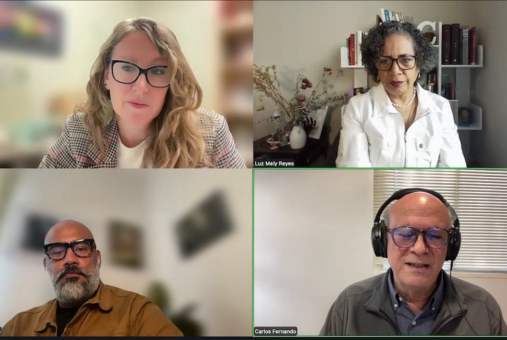
The founders of Revista Factum, Efecto Cocuyo and Confidencial continue to document their governments’ repression. In a Knight Center panel, they explain why continuing their work from abroad is essential.
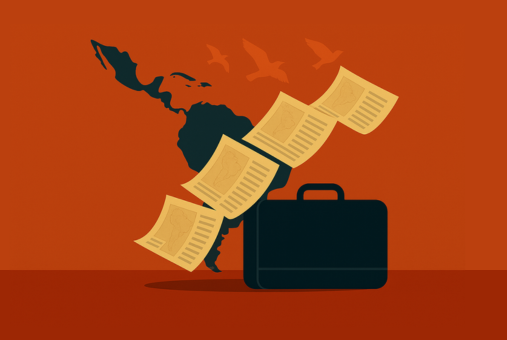
As repression and job insecurity drives reporters from their countries, founders of three independent outlets will discuss practicing journalism in exile during a free online event.
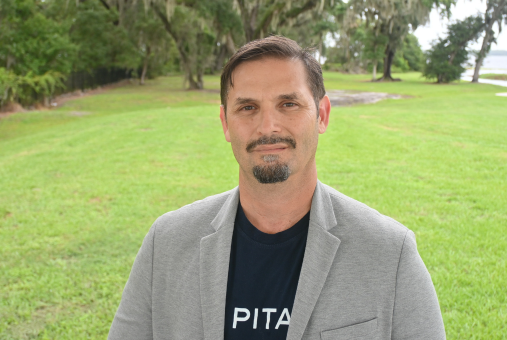
The Venezuelan journalist received the 2025 Knight Award for his courage and leadership at the helm of El Pitazo. From exile, Batiz continues to innovate and resist in one of the region's most hostile environments for journalism.
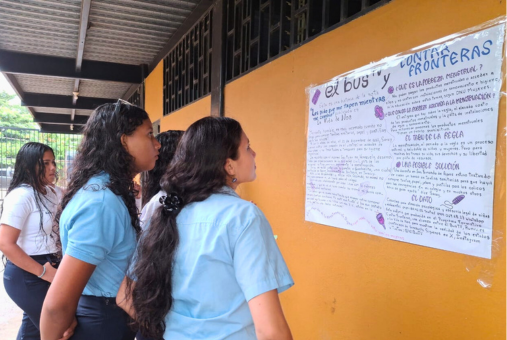
In areas with limited local coverage and insufficient internet access, young reporters learned to produce hyperlocal journalism and distribute it directly to the community through oral storytelling and hand-drawn posters.
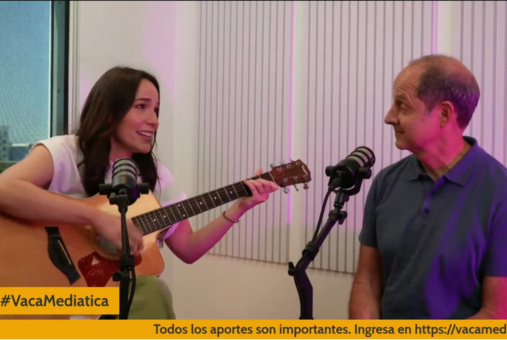
Independent journalism in Venezuela faces a serious crisis due to censorship, persecution and a lack of funding, a situation that has prompted solidarity initiatives such as the Vaca Mediática. This project seeks not only to fund journalistic work but also to send a message of unity and resistance in the face of repression.
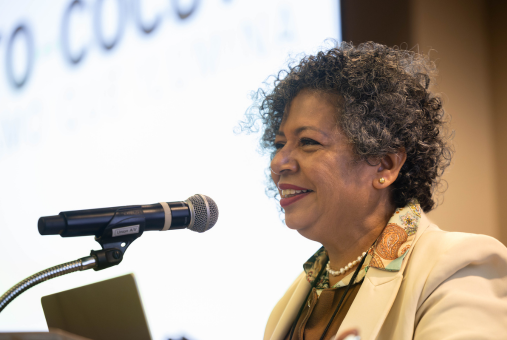
“You have to go” is the phrase that defines the exile of Venezuelan journalists and the title of the most recent investigation by Luz Mely Reyes, co-founder of digital media outlet Efecto Cocuyo. Her new study reveals how censorship and persecution have forced many to leave their country and reinvent themselves abroad.
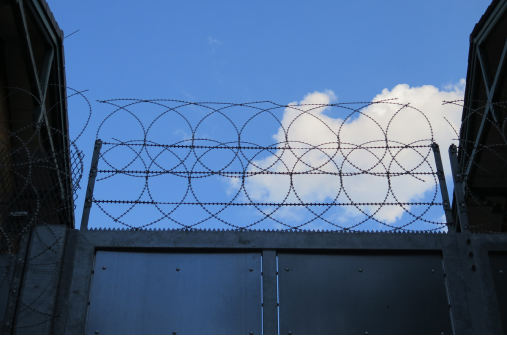
Journalists and human rights organizations say Venezuelan authorities detain and release journalists to control and censor, using ‘punishment as warning’ as a tool to instill fear and silence the press.

Two new laws that impose new restrictions on independent media, plus the suspension of funding through US agencies, leave the Venezuelan press with few options for survival.
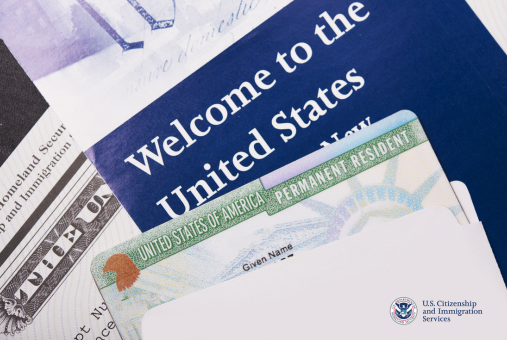
Exiled journalists face stalled asylum cases and the end of humanitarian parole. Those sent back to Nicaragua or Venezuela would return to regimes openly hostile to press freedom.